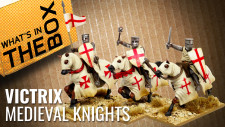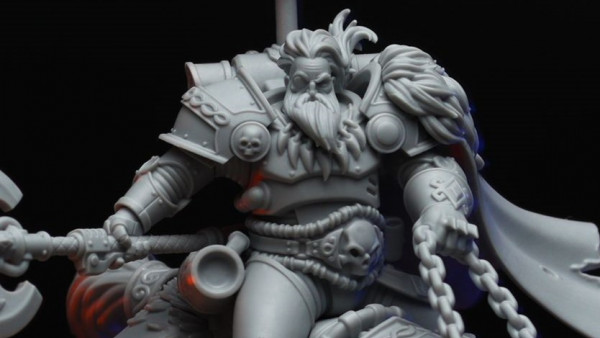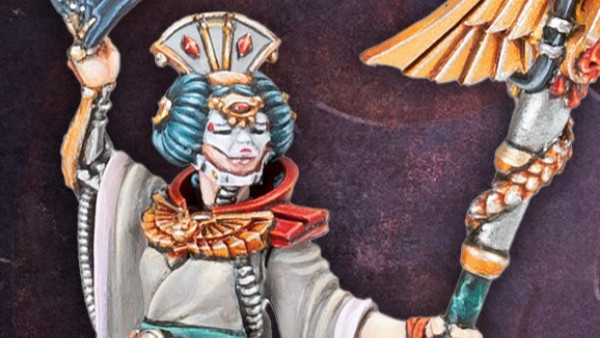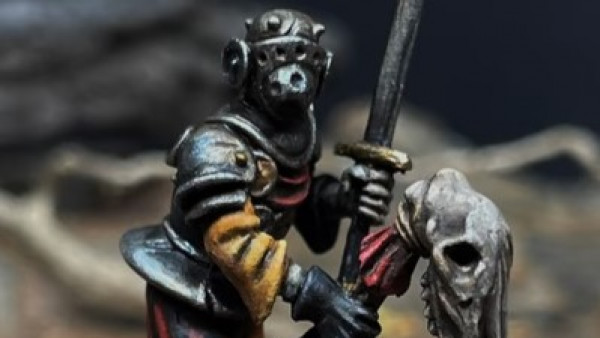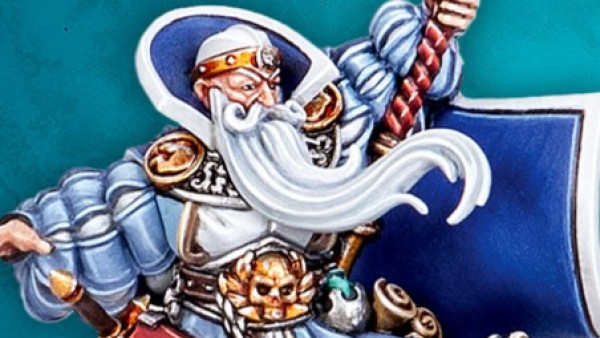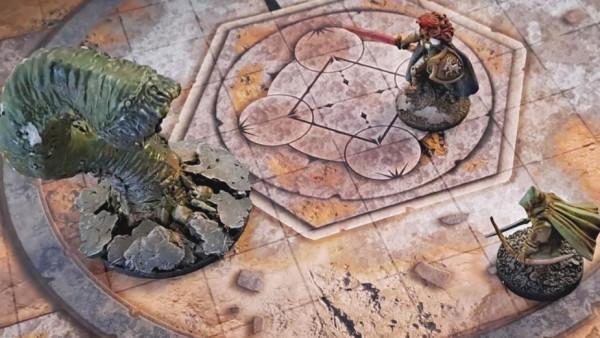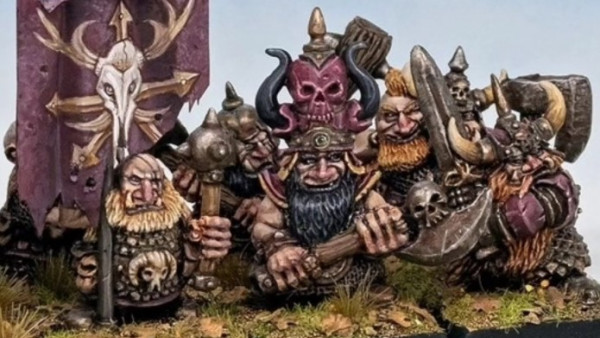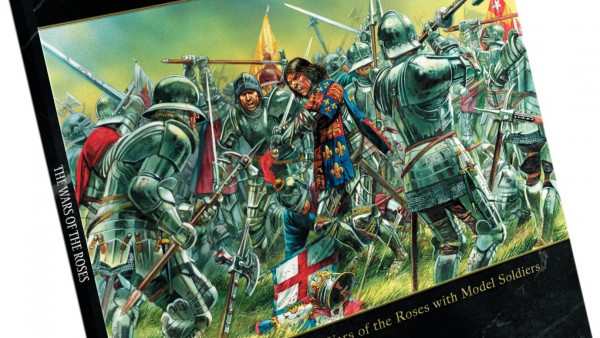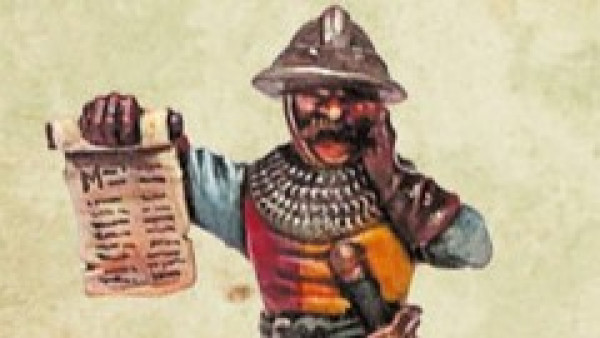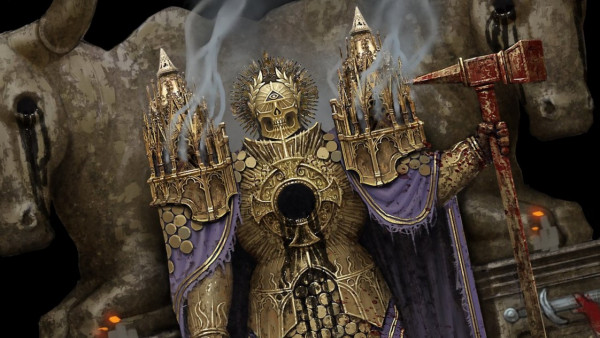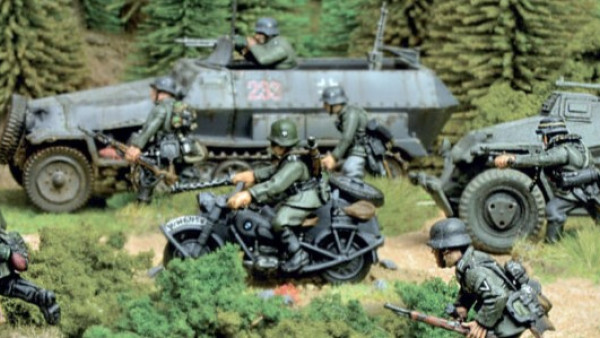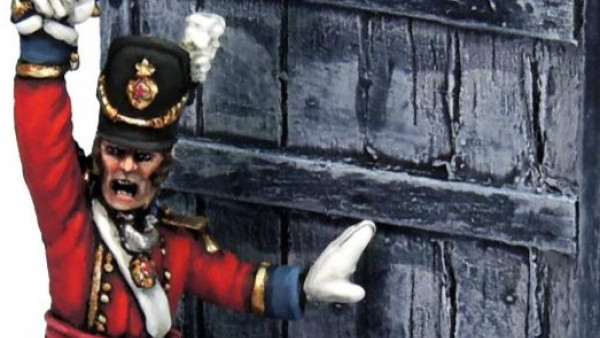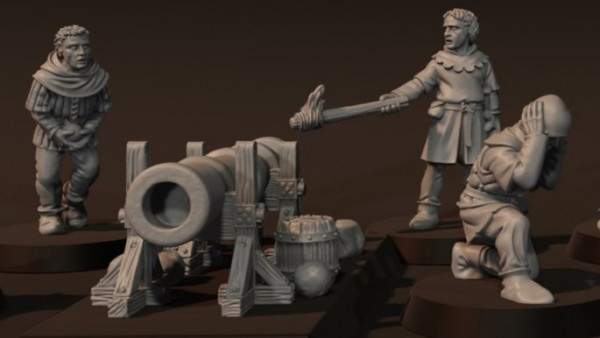Home › Forums › News, Rumours & General Discussion › D&D officially turning Forgotten Realms sights away from Euro inspired campaigns › Reply To: D&D officially turning Forgotten Realms sights away from Euro inspired campaigns
“RPGs shouldn’t, IMO, rely on mechanics to introduce flavour because mechanics can be abused and will inevitably begin to influence player actions – at which point the flavour is coming from the game mechanics and not the players and all games you play will have exactly the same flavour.”
This is where we have to respectfully disagree.
Mechanics will influence player actions, no matter what. I feel like that’s a given. If Armour Class/Points/Weight/Threshold etc. prevents damage, players will seek it increase that. If smearing dung-filled poultices over themselves will give them a +10 bonus to heal, they’ll start rolling in them like they were born to it.
I personally feel like those mechanisms are actually a very important part of the game. I play in large groups, and many players love the mini-game of learning a system, exploring their various mechanical options for abilities, equipment, classes, and the like. While we’ve become more and more focused on the role-playing as we’ve gotten older, and developed less and less patience for overly complex rules systems, I feel like it’s inescapable that some players will have their hands guided, to some degree, by how the game mechanics function.
While it is a nice hypothetical to assume every player will role-play their setting and character appropriately despite any outside influences, I find that in reality this is not the case. Not everyone is a born role-player, and lots of players can use a little help sticking to character.
I find that settings with mechanics that reinforce the flavour actually improve the overall game, rather than detract from it. Since mechanics are going to influence the group regardless, having mechanics that influence them to act in a way that’s consistent with the setting not only increases the flavour of the game as a whole, but helps players along who might need some guidance as to how they should be role-playing.
To give a few examples:
In Dark Heresy et all, dealing with deamons, reading forbidden tomes, recklessly using psychic powers and other such radical actions generate Corruption Points that eventually begin to create malignancies and mutations within your character. Now while I could say that any 40k Player worth their salt should know that dealing with such evils have their risks, I found the Corruption mechanics helped players understand that in a much less esoteric way.
While I could have said “You may wield that daemon sword for now, but there might be risks!”, I found that everyone enjoyed the game more knowing that while wielding the daemon sword might make them a bad-ass, it would also generate corruption points; they knew the benefits and risks, instead of hearing some vague threat by the GM that could come back to punish them in later sessions.
In Warhammer Fantasy, you accrue insanity points which develop into disorders. This line between order and chaos, sanity and madness, are very important themes in Warhammer. So much so, that these disorders have mechanical effects. Are you an alcoholic? Make a Willpower Test every time you are presented with an opportunity to drink, or your character must indulge in their addiction.
While this is blatantly “artificial”, I found that it has dramatically enriched the role-playing at the table. Not only do the mechanics tell players who might not be well-researched or intimately familiar with mental illness how and when certain effects might take place, but they also give them an ‘out’ for behaving in character, without antagonizing the group.
Would it be in-character for the PC afflicted with Blasphemous Rage to punch the pompous elector count who is talking down to them for role-playing reasons alone? Yes. But good luck finding a group of PCs who will congratulate him/her on their great role-playing as they all pack up after the ensuing TPK. If there are mechanics driving this, the players might say, “Okay Dieter… you know you have a tendency to lose it. Maybe you should sit this one out?”
Your mileage may vary, of course. This has just been my experience playing a dozen systems or so over the years. I don’t find that these thematic mechanics make every campaign feel the same any more than any D&D campaigns feel the same because everyone uses the same allotment of spells every time.
The systems I play over and over again, like WFRP, always feel fresh, whereas the much more ‘niche’ games like Grimm or L5R are things I likely won’t play too many campaigns of over the course of my life.































![How To Paint Moonstone’s Nanny | Goblin King Games [7 Days Early Access]](https://images.beastsofwar.com/2024/12/3CU-Gobin-King-Games-Moonstone-Shades-Nanny-coverimage-225-127.jpg)



